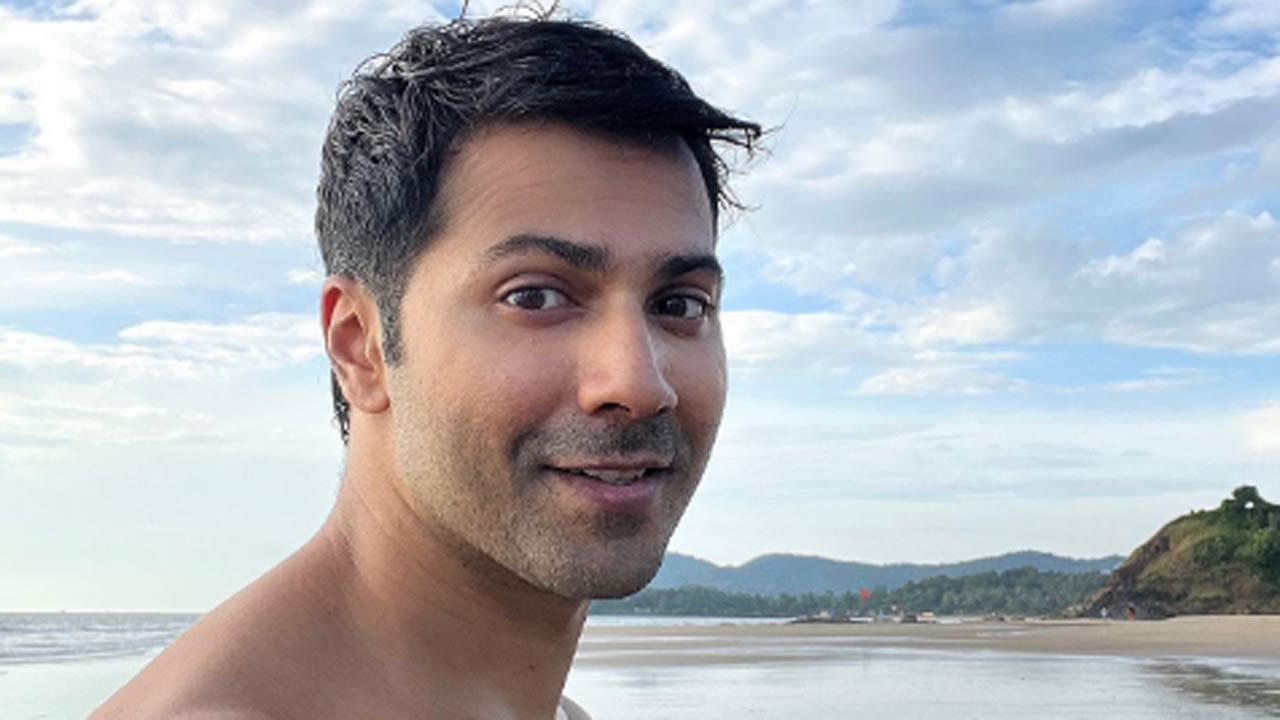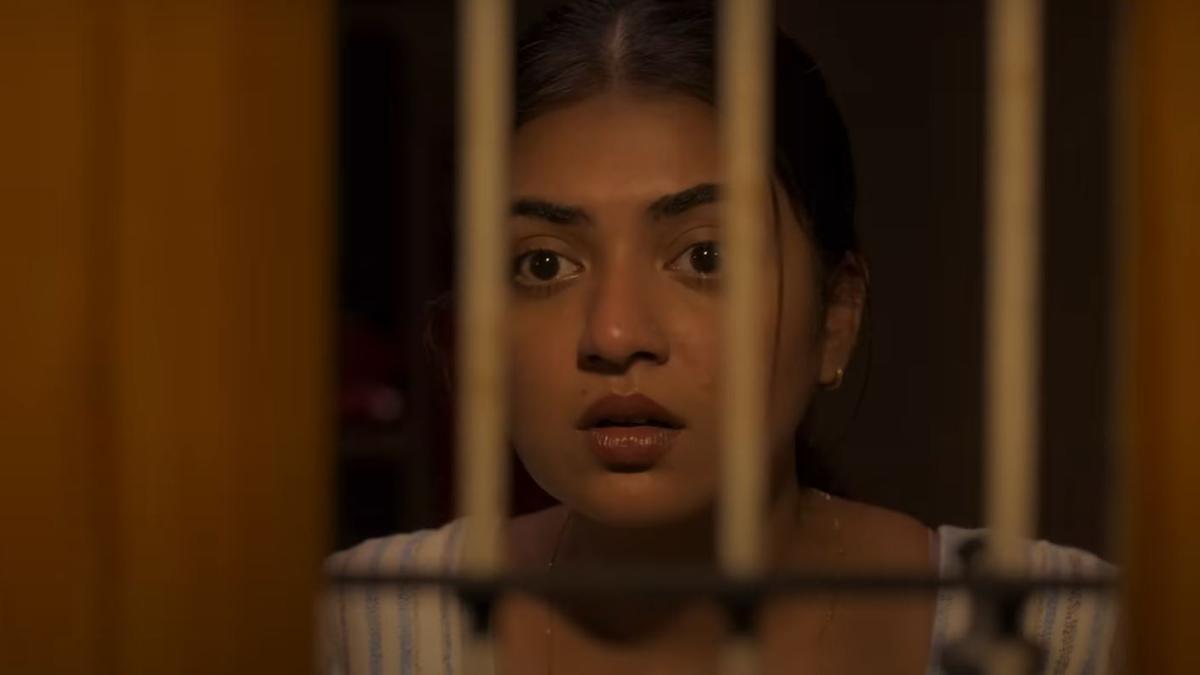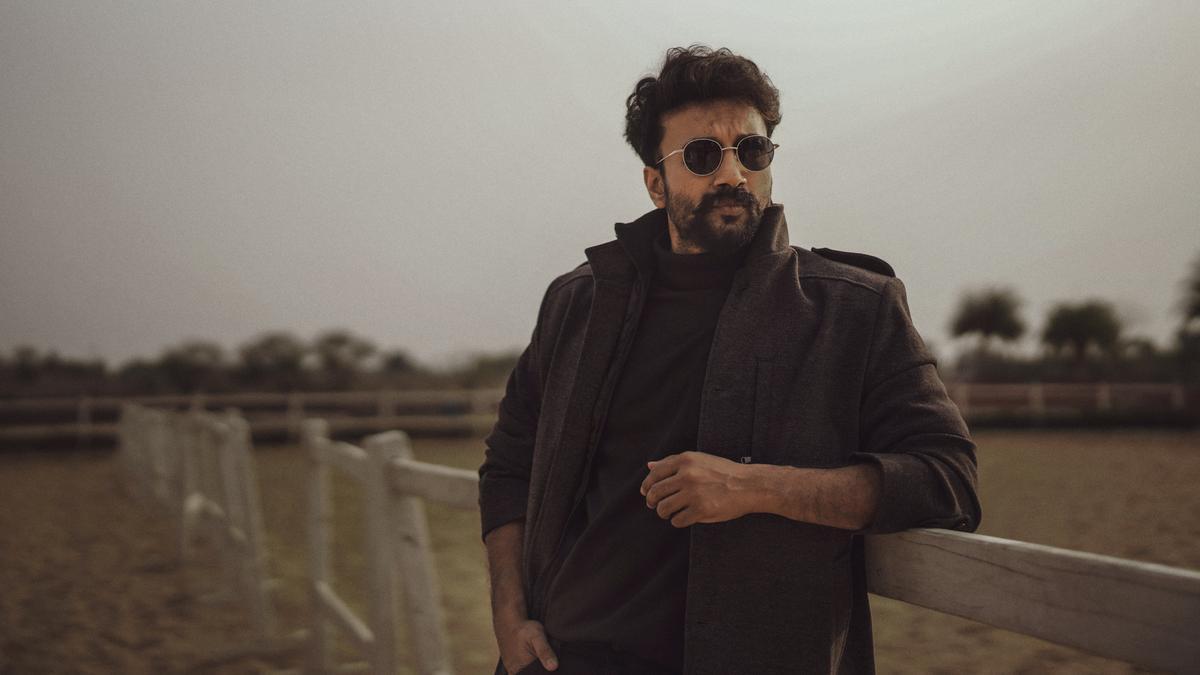
The latest small screen offering on AppleTV+, ‘Palm Royale’, takes its audience back to a sun-soaked Floridian summer set in the year 1969, laden with opulence and peopled with the crème de la crème of society. Our guide into this world is the camera that artfully sweeps across exclusive resort clubs, beachfront mansions, and extravagant ballroom galas. We, the viewers, are voyeurs into the lives of the high society housewives of the Palm Royale community who treat social standing as currency, showcased by the prominence of their photographs in the daily broadsheet aptly named the ‘Shiny Sheet.’
As the 10-episode series unravels, we are introduced to the vitally important cast of society mavens. There’s Evelyn Rollins (played by Allison Janney), Dinah Donahue (Leslie Bibbs), and Mary Davidsoul (Julia Duffy), who orchestrate social events with the meticulous precision of generals at war. Their coveted prize is no less ambitious; the title of ‘Queen of the Season’, dictating the hierarchy within their glittering bubble.
Enter Maxine Simmons (Kristen Wiig), a newcomer with bold ambition and resourcefulness, who flings herself – quite literally – over the walls of the Palm Royale club in a bid for inclusion. Her ultimate aspiration? To supplant her husband’s aunt, Norma Dellacorte (Carol Burnett), in both wealth and standing as the doyenne of this elite enclave.
‘Palm Royale’ is lifted by the gravitas and charm of its stellar ensemble. Burnett, though in mostly a silent role, brings immediate laughter, while Janney taps into the dark humor that her character’s power-hungry machinations demand. Wiig, leveraging her adeptness from her SNL days, imbues Maxine with an enticing mix of transparency in her schemes and reticence in her deeper emotions. The audience finds themselves inadvertently cheering for her. Rounding out the cast are Ricky Martin and Laura Dern, playing staff and an activist, respectively, who serve as counterpoints to the affluent center, existing just on the margins.
Despite these riveting performances, what ‘Palm Royale’ offers in visual grandeur, it lacks in narrative coherence. The script seems to be playing hopscotch, unable to decide whether it desires to evolve into a character-driven chronicle or a story propelled by its plot. In attempting both, the series dithers, convincing the viewer neither of its identity nor of the worth of investing more time in a confused narrative web.
The issue with ‘Palm Royale’ is symptomatic of many an adaptation; it simply bites off more than it can chew. From a plentiful literary source, it opts to sample a bit of everything rather indistinctly. The mood within the series pivots erratically – one moment in dark comedy, the next in a surreal, almost absurdist drama, and then flipping to a heartfelt tale of an outsider striving for acceptance. While the cast admirably maneuvers through these shifts, such efforts can only go so far to salvage the sprawling, indecisive storytelling.
With the complete series now accessible for binge-watching on AppleTV+, every new Wednesday brings fresh episodes for those willing to parse through the clutter. The show bears the signs of aiming for multiple seasons, yet whether its audience will have the patience to await potential refinement in its complex tapestry remains to be seen. Perhaps the shimmering allure of ‘Palm Royale’ will suffice to eclipse the convoluted scriptwork, or, over time, the writing will distill to match the caliber of the cast and the sumptuous aesthetic. Only time and viewer loyalty will tell.










